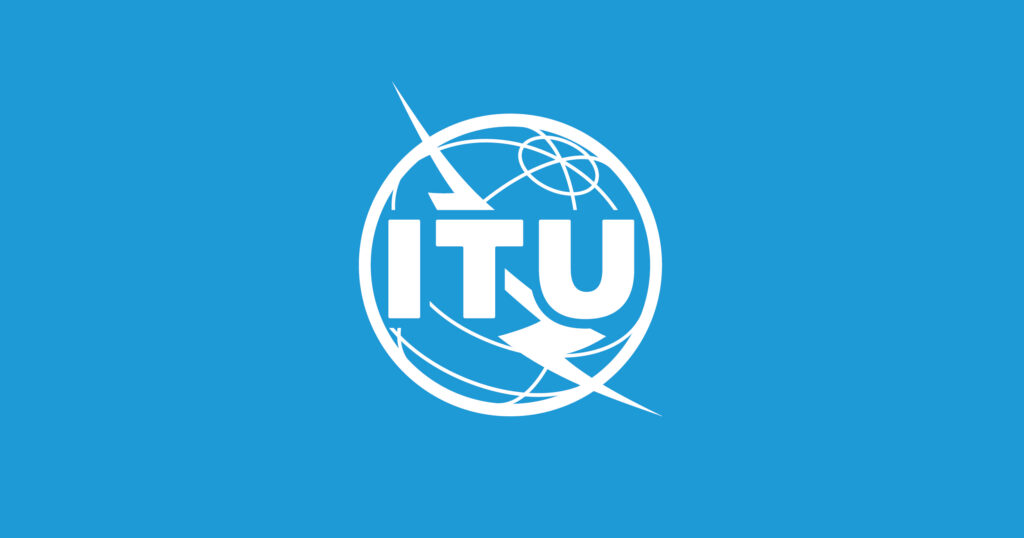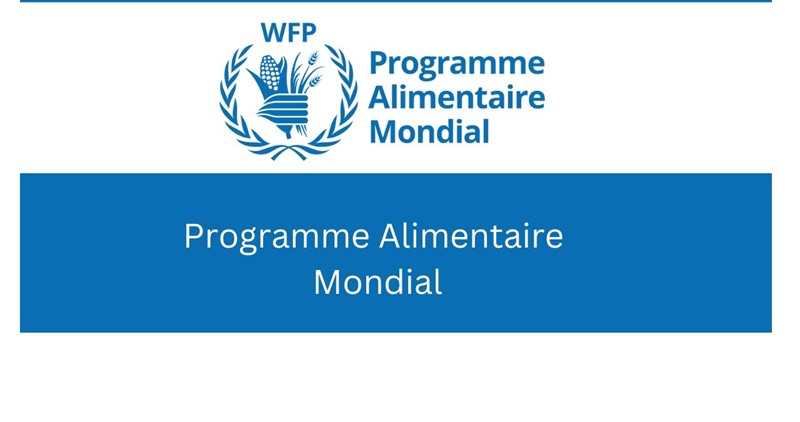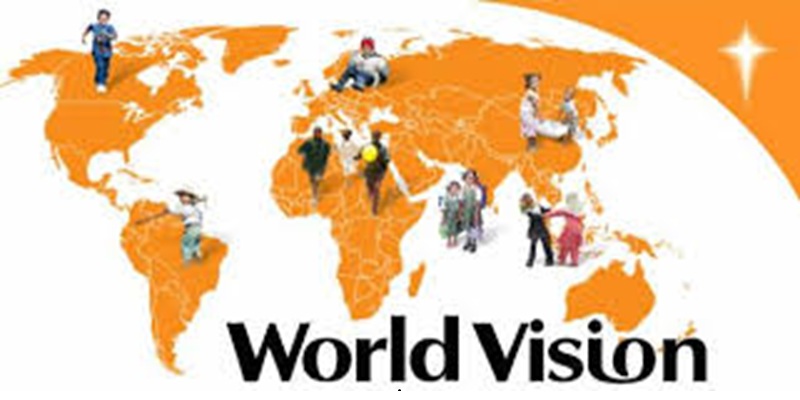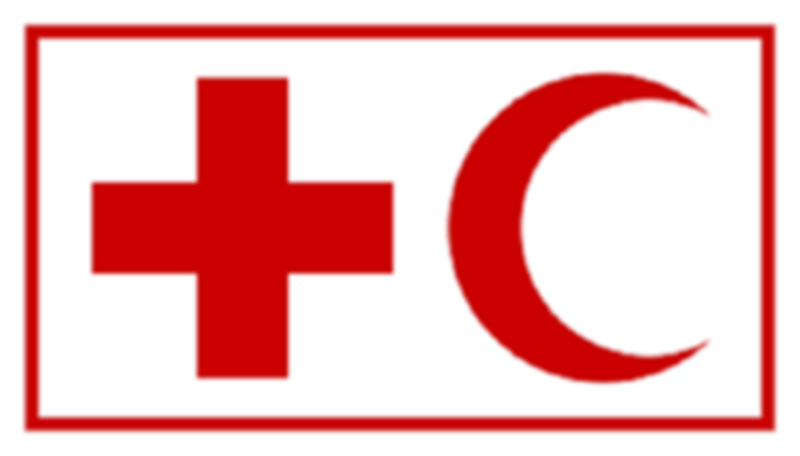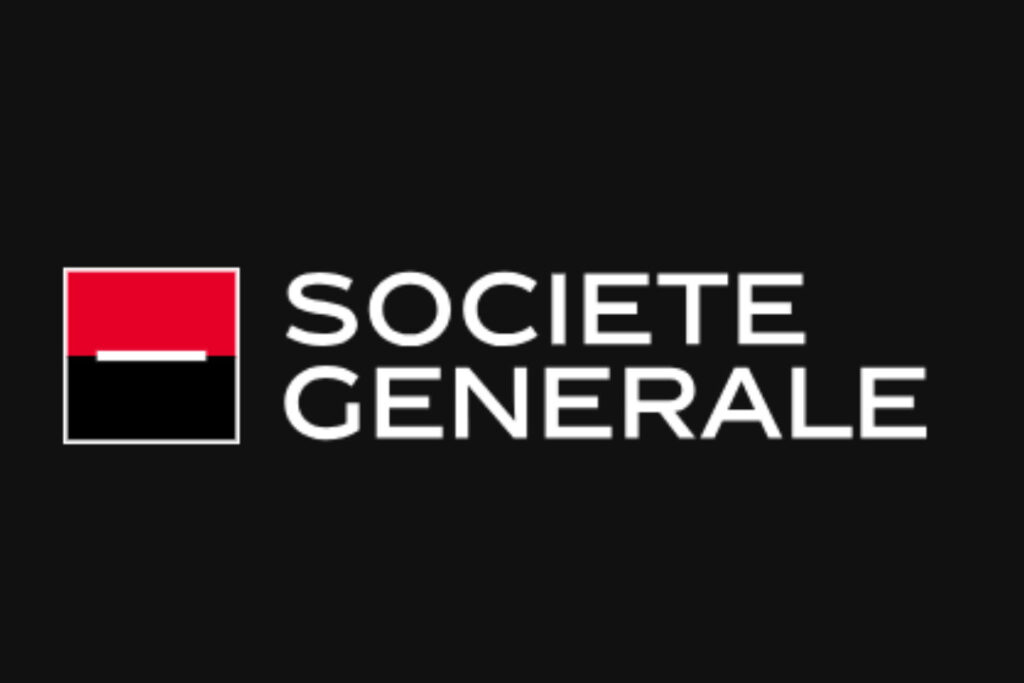ITU is the leading United Nations agency for information and communication technologies, with the mission to connect the world. To achieve this, ITU manages the radio-frequency spectrum and satellite orbits at the international level, works to improve communication infrastructure in the developing world, and establishes global standards that foster seamless interconnection of a vast range of communication systems. ITU also organizes global Telecom events bringing together the most influential representatives of government and the private sector to exchange ideas and knowledge for the benefit of all. VACANCY NOTICE NO. 35SSA-2022/BDT-DDR/EXTERNAL Date of Issue: 11 April 2022
Consultants Applications from women are encouraged Functions: Expert for telecommunication infrastructure data, costs and analysis in Nigeria Deadline for Applications (23.59 Geneva CH) : 25 April 2022
(14 day(s) until closing deadline) Duration of Contract: 40 working days Type of Appointment: Special Service Agreement Duty Station: Remote/home based, Various Grade: To be defined / Other Organ:
The Telecommunication Development Bureau (BDT) is responsible for the organization and coordination of the work of the Telecommunication Development Sector (ITU-D) of the Union which deals mainly with ICT-focused development policies, strategies and programmes, as well as technical cooperation activities, to promote digital inclusion and drive digital transformation at community, country and regional levels. To effectively and efficiently serve the needs of ITU members, BDT is organized into four functional areas: Office of the Deputy to the Director and Field Operations Coordination DepartmentPartnerships for Digital Development DepartmentDigital Networks & Society DepartmentDigital Knowledge Hub Department Organization Unit:
The office of the Deputy to the Director and Field Operations Coordination Department is responsible for advising and supporting the Director on the direction and management of the Bureau. It is also responsible for leading all matters related to personnel, strategic, financial and operational planning and reporting processes. The department oversees the work of the Regional Offices, ensuring proper delegation of authority and accountability of the Regional Offices. This department coordinates the holding of BDT conferences and events, monitors the implementation of decisions emanating from the World Telecommunication Development Conference (WTDC), the Telecommunication Development Advisory Group (TDAG) or Council, and cooperates closely with the other Sectors of the Union and the General Secretariat on matters of relevance to BDT and the overall work of the Union. BDT Regional Directors report to this department. Duties / Responsibilities Background:
ITU the United Nations specialized agency for ICTs, is working with the Digital Access Programme (DAP) for the United Kingdom’s Foreign, Commonwealth & Development Office (FCDO) to promote effective regulation, greater investment, and innovative models for school connectivity in underserved communities and for broader digital inclusion in DAP countries, including Nigeria.
In the broader relevant context, ITU and UNICEF have launched the Giga initiative to connect every school to the Internet and every young person to information, opportunity and choice (www.gigaconnect.org). Giga is now active in 19 countries, has mapped over 1m schools, and has directly mobilized over 22 million USD in resources. Key activities in these countries include the mapping and modelling of the school connectivity configuration with various connectivity technology options, and analyzing policy, regulatory, and innovative financing opportunities for sustainability and impact.
One of the thematic areas covers promoting sustainable models to expand connectivity in underserved communities (including in schools). Under this activity area, ITU is collaborating with country partners to assess under-connectivity in public facilities such as schools and develop diagnostic tools linked to its mapping exercise and real time monitoring. The main output is an interactive connectivity and infrastructure map that guides project development and delivery for digital inclusion in the countries under consideration. Two dimensions of connectivity and infrastructure data are required to support work in this regard. One dimension comprises school connectivity data (school location, connectivity status and attributes of connectivity in schools), and telecommunication and complementary infrastructure (such as electricity) coverage. The other dimension covers microeconomic data on the cost of telecommunication infrastructure construction, maintenance and Internet service delivery. The combination of connectivity, infrastructure coverage and microeconomic data will serve as part of the input into a modeling exercise to explore innovative and sustainable business models for connecting schools and communities in selected countries.
Terms of Reference:
Under the supervision of the Senior Advisor in the ITU Regional Office for Africa, in coordination with the project infrastructure mapping team and national ITU-FCDO consultant/Project Officer in Nigeria, the expert will conduct a study of the supply-side conditions of telecommunication infrastructure and Internet service delivery in Nigeria. The core of the assignment is two-fold. First the expert will collect data on the relevant microeconomic indicators and provide data logging to the ITU mapping team. Second, the expert will analyze the data and prepare a report that provides insights into the pattern and factors of telecommunication infrastructure construction, maintenance and service delivery costs with clear recommendations for telecommunication business and policy in Nigeria.
This study will build on and complement the ongoing work of the ITU on connectivity and infrastructure mapping. The current assignment focuses on supply-side data on the cost of telecommunication infrastructure construction, maintenance and Internet service delivery in Nigeria. The aim is to analyze the costs of connecting entities to the Internet and providing Internet services in Nigeria, in particular, for connectivity provided with fiber optical networks, microwave lines, mobile broadband cellular links and cellular communication.
The analysis will focus on the following areas of research:
- In terms of CAPEX: telecommunication equipment costs (vendors, import tax, certification and license fees, trade margin), distribution and access network construction costs (depending on technology and construction type), equipment set-up costs, labor costs (qualified, unqualified), machinery costs, one-time licensing fees and permissions.
- In terms of OPEX: network operation and maintenance costs, recurring licensing fees.
- In terms of internet services costs: retail and wholesale internet service costs.
The result of the research will be a report describing the network models broken down into the elements and costs associated with these elements.The researched parameters list will include the indicators described under concrete deliverables.
The project team will provide a more detailed description of the indicators and templates for data collection. The expert will suggest additional indicators according to the network models used.
Specific responsibilities include:
- Liaise with the project team to familiarize him/her with items in the activity areas of ITU-FCDO project relevant to the planned study.
- Liaise with the project team to familiarize him/her with the telecommunication infrastructure data requirements, economic and cost estimation models, parameters and template(s) defined/developed by the ITU for the purpose of the study.
- Develop data collection instruments such as questionnaires to complement the instruments that the ITU project team provides. Identify and explore any relevant secondary sources of data on the indicators defined in the data requirements. The expert will leverage and complement existing ITU resources such as Tariff Policy Survey, ICT Prices and World Telecommunication Database.
- Compile a list of Network Operators, Internet Service Providers (by regional presence), telecommunication infrastructure companies and related support service providers in the Nigerian telecommunication industry.
- Provide timely and accurate quantitative data logging for integration into the existing connectivity and infrastructure database developed and maintained by the ITU team.
- Conduct interviews with stakeholders, including but not limited to operators and regulator(s) in the industry to collect qualitative data that augments quantitative data.
- Present timely and accurate accounts of activities and challenges in conducting the study and propose mitigation strategies.
- Prepare and present a report on the pattern and factors of telecommunication infrastructure construction, maintenance, and service delivery costs in Nigeria, with Industry- and policy-relevant recommendations.
- Prepare and present a Power Point summary of the output of the study. The data collection part of the report should be presented in the machine-readable table format.Concrete deliverables:
- Inception report detailing proposed approach to and outlines of the study.
- Data collection instruments (reference points will be shared by the ITU team upon confirmation of appointment).
- Contacts of target telecommunication companies and strategies for accessing/gaining their support along with the telecom industry.
- Stakeholder map showing the market participants and their weight.
- Data collection team formed and trained, if applicable.
- Bi-weekly report of field activities conducted.
- A report on the telecommunications infrastructure construction, maintenance, and service delivery costs. Qualifications required Education:
Advanced university degree in telecommunication, computer science, information technology, business administration, economics, or relevant field such as engineering, etc. OR education from a reputed college of advanced education with a diploma of equivalent standard to that of an advanced university degree in one of the above-mentioned fields. Experience:
At least five years of progressively responsible experience in the field of the assignment, preferably in telecommunication policy, industry practice, research and/or related fields including at least two at the international level. A doctorate degree in a related field can be considered as a substitute for two years of working experience. Languages:
Fluency in English is required, spoken and drafting skills is mandatory. Additional Information:
Salary:250.- USD per working day – 40 working days starting as soon as the expert has been selected (with end date in June 2022)(not consecutive days) Applicants will be contacted directly if selected for written test. Interviews may be used as a form of screening. For further information concerning the Conditions of Employment please click the following link Applicants will be contacted only if they are under serious consideration Consultants
ITU is a smoke-free environment

